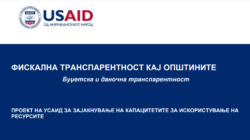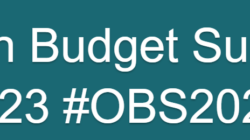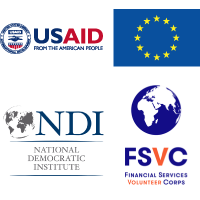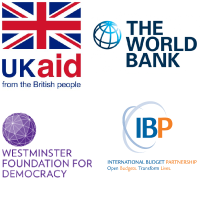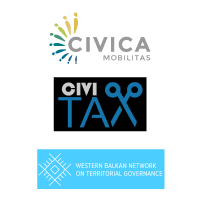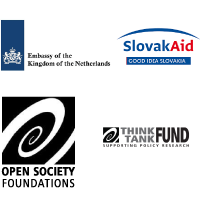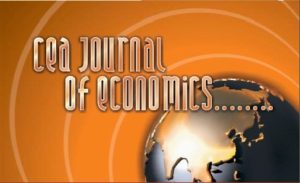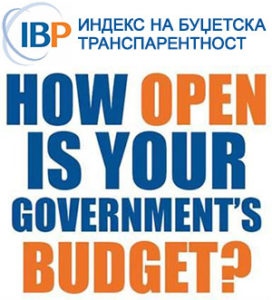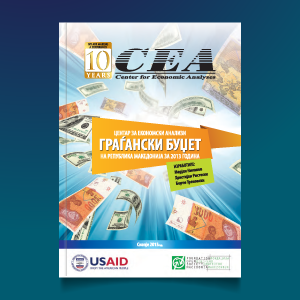1) OPEN BALKAN, BERLIN PROCESS AND EU’S ACQUIS: Rapid analysis within the assessing and streamlining potentials of the Open Balkan Initiative
When one thought that creativity for yet another regional formation could hardly be fruitful, Albania, North Macedonia, and Serbia joined to announce the OBI. What distinguishes this initiative from others is that it is homeborn, created and led by the countries themselves. Given that the OBI operates in tandem with and in the realm of already established initiatives, it raised the question of its necessity and compatibility with existing formations.
All WB6[1] have already committed to regional economic cooperation within the frameworks of the REA in 2017 and its successor CRM of 2020. A new initiative of similar character begs the question of how different or similar it is; does it bring any novelties or innovations to the regional integration project(s) promoted by the Berlin Process? Is it perhaps redundant to the already existing one(s)?
Regional cooperation goes hand in hand with the WB6’s EU membership perspective. However, all countries are at a different stage in the accession process, so the level of preparedness to undertake the obligations of EU membership, and the Single Market in particular, differs. This situation invokes the following questions: Does OBI fit in the accession process? Does it contribute to the fulfilment of the EU’s membership requirements?
[1] Besides Albania, Serbia, and North Macedonia, the WB6 group includes Bosnia and Hercegovina, Kosovo, and Montenegro.
2) ECONOMIC EFFECTS OF THE OPEN BALKAN INITIATIVE: Rapid analysis within the assessing and streamlining potentials of the Open Balkan Initiative
What are (will be) the economic effects of OBI in the context of the agreements and memorandums of understanding that have been signed by the OBI member countries pertaining to the areas of free movement of people and facilitation of trade with foodstuff. Related to the memorandums of understanding signed under the OBI, of interest here are the MoUs on the Facilitation of Imports, Exports, and Movement of Goods in the WB, on Cooperation Related to the Free Access to the Labour Market in the WB, and on Cooperation in the Field of Tourism in the WB. In short, this analysis tackles the issues of the free movement of goods and people and cooperation in tourism in the WB region.
Of the six WB countries, three are members of the OBI, and three have been invited to become members, but have not done so yet. Therefore, this analysis is conducted separately for the member countries (Albania, North Macedonia, and Serbia, here provisionally called the insiders), and separately for the non-member countries (Bosnia and Herzegovina, Kosovo, and Montenegro, here provisionally called the outsiders).
Read the analysis which is performed through identification of strengths, weaknesses, opportunities, and threats (SWOT analysis) of each WB country in relation to the other two countries and in the context of the agreements and memorandums of understanding. The basis for the analysis is the economic data for each WB country presented below. The SWOT analysis is performed under two scenarios: the first one examines the current situation under the assumption that it will not change in the foreseeable future, and the second/alternative scenario relies on two assumptions: that the non-member OBI countries will (shortly) become members of OBI, and that the current crisis will be followed by recovery in a period of no more than two years.

